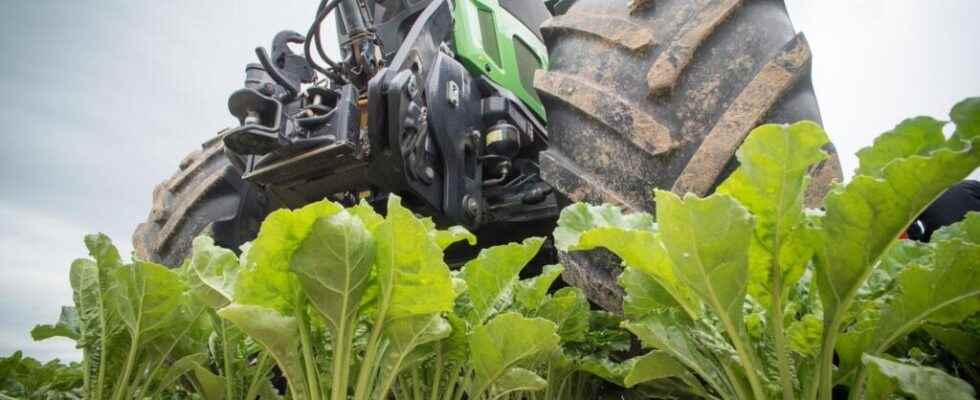The French government wants to authorize neonicotinoids again in 2023 in sugar beet crops. A draft decree was published on Tuesday January 3 and the decision should be taken at the end of January. These insecticides persist in the environment and kill pollinating insects, essential to biodiversity, including bees. Their effects are devastating. They have been banned in France since 2018, but in 2020 a derogation was put in place.
The aim of the authorities is to control green aphids which transmit the jaundice virus to beets. And neonicotinoid insecticides are particularly effective against these aphids, even though they pose a serious risk to the environment.
“In the absence of a derogation, we would find ourselves faced with the same risk that we experienced in 2020, with a loss of 30% of the harvest at the national level. The jaundice crisis in 2020 was the result of a particularly mild winter, and it is true that today, even if there was a rather cold episode at the beginning of December, the winter remained particularly mild, and therefore that means a high risk of aphids if things left it at that”, considers Nicolas Rialland, director of the general confederation of beet growers.
But for his part, François Veillerette, spokesman for the environmental association Future Generations disputes the use of neonicotinoids: “The work that has been done by the French agronomic research institute does not show any virus reservoirs this year. There are far fewer viruses in the environment than in past years and so if there is no virus in the environment, there will be aphids, they will have nothing to transmit. »
For him, a derogation is therefore not justified. His association says it is ready to go to court if the state validates its project.
► To read also: Environment: associations claim financial penalties against France
